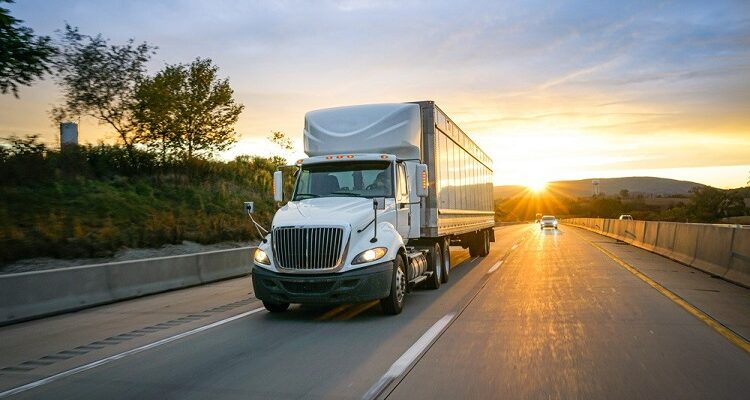It is a simple system really. As new and exciting technological innovations are made, the bar is raised higher for what consumers come to expect. In turn, the industry changes to meet those elevated demands. Although working in logistics is often considered a job that does not involve direct interaction with the consumers, it is precisely new consumers and industry demands in how goods are delivered that is revolutionizing the logistics industry and the working life of everybody involved in it.
For truck drivers, managers, and distribution center workers, one of the major technological innovations changing such professions the most is the rise of automation. Or, rather, it would perhaps be more accurate to say increased automation as automated systems have actually been a part of this industry for some time. That is an important thing to state – automation needs to happen to some extent if the logistics industry is going to keep up with consumer demand
However, it would be foolish to pretend that the future of automation within the logistics industry does not come with its problems and challenges.
Table of Contents
Automation and Transport Jobs
Within the logistics industry, one of the most commonly heard complaints is that it will have a serious impact on transportation jobs. It is easy to see where this concern comes from. For example, warehouse automation does tend to replace the jobs which do not require expertise and skill. These jobs are typically those that involve the administration and the routing of stock. One of the expected trends is that automation will tip the balance within the logistics industry in the favor of high skilled labor.
Perhaps the solution to this problem might lie in the fact that the line between high, middle, and low-skilled professions is more blurred than many think. A truck driver, for example, does much more than simply drive, load cargo into the trailer, or fasten the tie down straps. In fact, it is pretty common today for transport drivers to be involved in the administrative side of things as well – or at least to interact with high technology as it becomes more common within the workplace. Rollercam, suppliers of tie down straps, say that the range of that equipment is becoming broader and more high-tech, meaning that transport drivers are becoming more skilled.
Training initiatives, which prioritize raising the skill level of low-skilled workers, therefore seems like the ideal counterweight to the impact of automation.
What Does the Future Hold?
Beyond the important points mentioned above, the best way to get a grasp of how the logistics industry will change in the wake of technological advancements is simply to look at some of those advancements as well as the issues they bring with them.
Online Retail
This certainly isn’t anything new, but its rise has actually never stopped, and new technologies are being developed which help make online retail more secure and faster. Because goods purchased online need to be delivered, this is a phenomenon sure to energize the industry and lead to new technological developments within such as more advanced parcel tracking and even drone delivery.
Automated Cargo Ships and Robotic Offloading
It is freight ships that handle most of the world’s cargo. The impact, therefore, of automated ships controlled and tracked from a control center, could be to streamline the process considerably. Naturally, this has the downside of making many freight ship jobs redundant.
Automation seems to be the way forward for an industry that is only growing. This comes with challenges, but there is nothing to stop this rise of new technology. The challenges must be met – they cannot be avoided.

